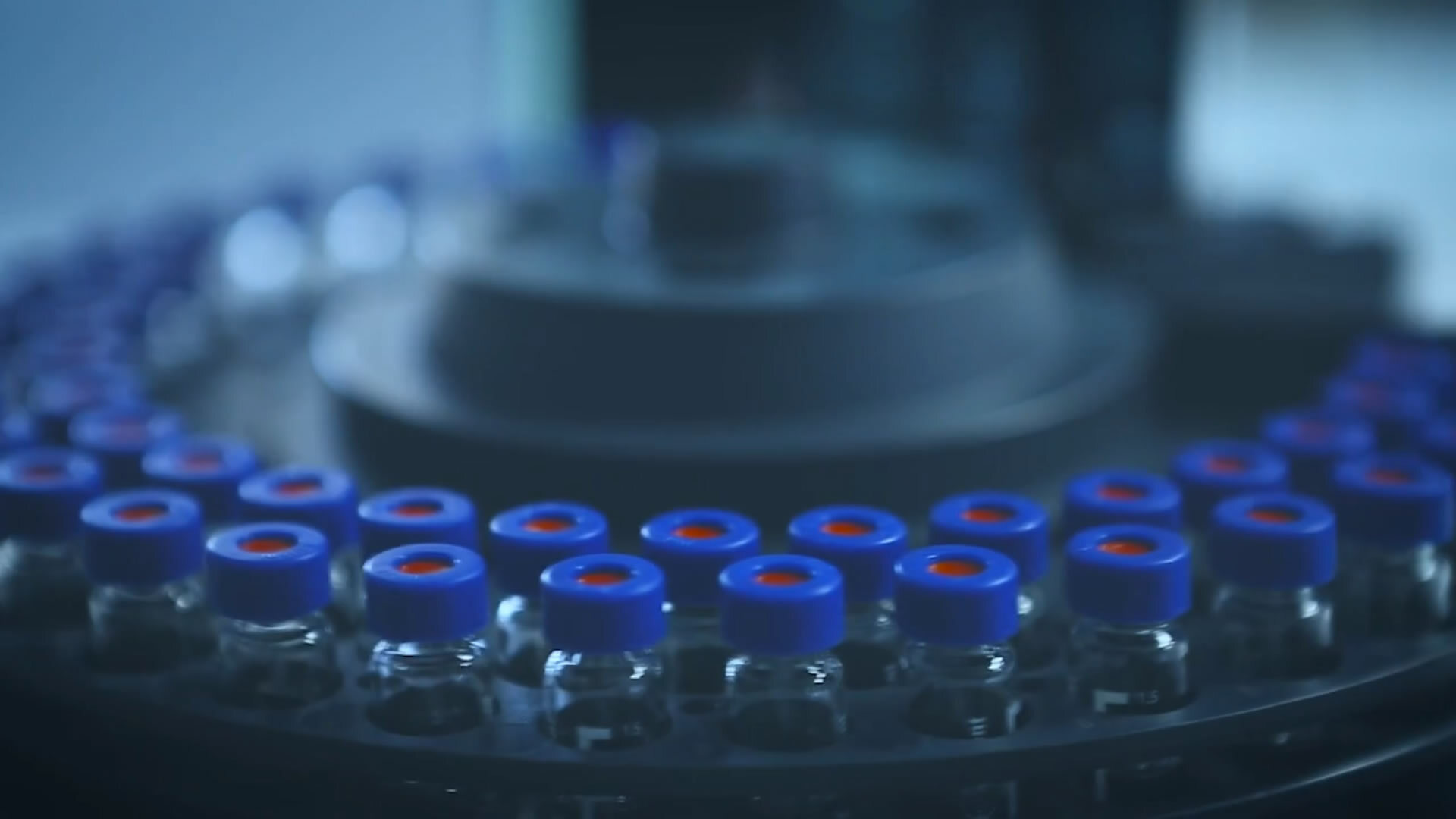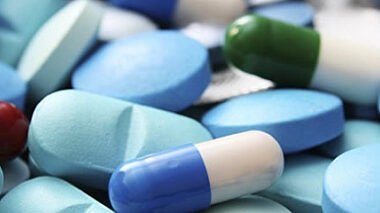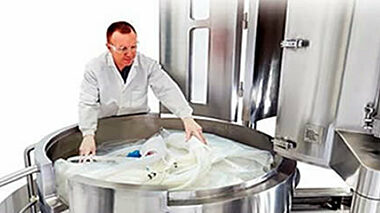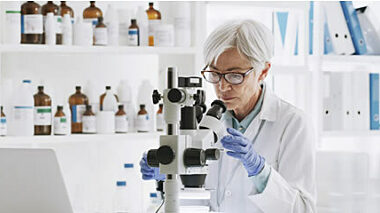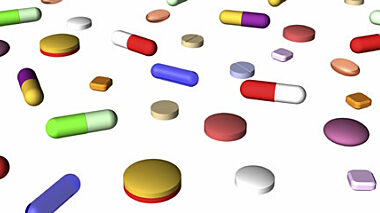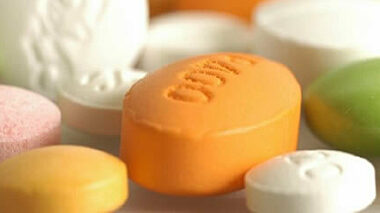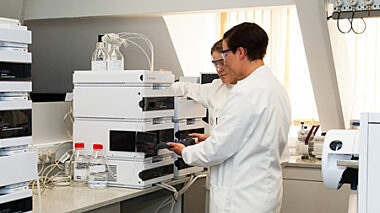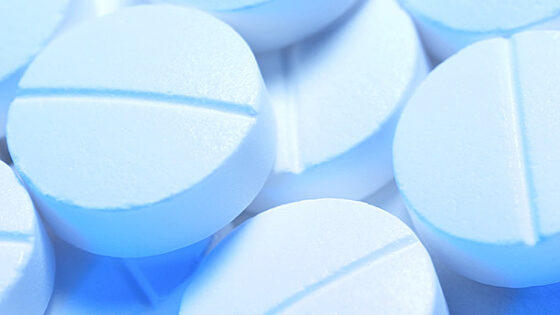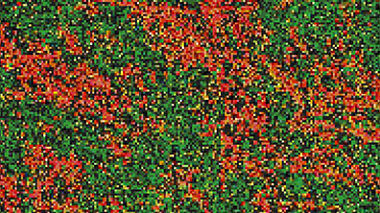Pharmaceutical Chemistry Testing Services
Whether you need to ensure quality, source new raw materials or ensure the purity and stability of your existing ones, determine residual solvents in your products or confirm the stability of them, we are here to help.
We can also work with you to develop new test methods.
At Lucideon, we provide more than just numbers - we offer solutions to help you develop new products, optimise existing ones, and solve failures quickly
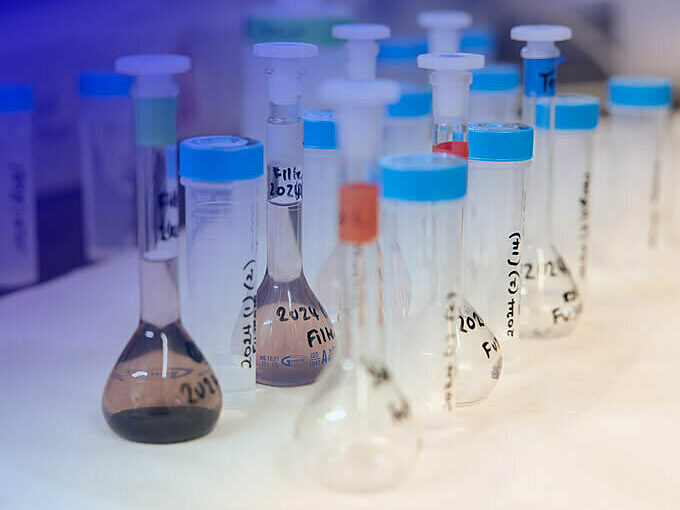
We are fully GMP-certified for quality control testing of human and veterinary medicinal products. All Lucideon's services are undertaken in compliance with EU guidance on GMP as it applies to contract QC testing laboratories.
In the UK, Lucideon is a UKAS-accredited testing laboratory (No. 0013) and our pharmaceutical/GMP laboratories hold an MHRA certificate of GMP compliance (No. UK GMP 43644 Insp GMP/IMP 43644/10698843-0005, Dated:28/07/2020) for contract QC testing of human and veterinary medicines. The Lucideon pharmaceutical/GMP laboratories also hold a current FDA certificate of registration and were successfully inspected by FDA in September 2019.
In the US, Lucideon is Nadcap-accredited and has 10 CFR 50 Appendix B Quality Assurance accreditation.
» Our FDA registration certificate can be viewed here
We are also licensed to handle restricted products. Further details can be provided if required.
Extractables and leachables
Extractables and leachables testing is used to identify such compounds and elements by following ISO 10993 and employing a range of analytical techniques. Our expert analysts can work with you to perform extractables and leaching testing, and subsequently help to minimise associated risks with your products.
QC (batch release) and raw materials testing
Using a wide range of chemical analysis techniques, we provide QC testing of raw materials, APIs, finished products, packaging materials, and medical devices, as outlined in marketing authorisations and pharmacopoeias.
Raw materials testing
Our experts can identify, assay, and determine the quality, purity, and stability of your raw materials to be used in manufacture. Analysis can be carried out in accordance with pharmacopoeial monographs (Ph. Eur., BP, USP and JP) and/or to your specifications.
Residual solvent testing (organic volatile impurities – OVI)
We analyse residual solvents in drug substances, excipients, and products as detailed in the USP-NF Chapter <467>. We can develop and validate methods tailored to your specification if required. Residual solvent testing on pharmaceutical products is required to ensure minimal risk levels, such that they do not impact on patient safety.
Method development and validation
Our experienced scientists can develop new methods for your products. These can be developed and validated to ICH guidelines which include the following parameters:
- Linearity
- Limit of detection (LOD)
- Limit of quantification (LOQ)
- Specificity (including stability of solutions)
- Precision (method, intermediate and system)
- Accuracy (recoveries)
- Robustness
- Forced degradation
Stability storage and testing
Our storage stability walk-in chambers, controlled to ICH guidelines, are monitored 24/7/365 and have built-in safeguards to give you peace of mind. Additional stand-alone cabinets enable us to offer alternative parameters including refrigerated, frozen, and client-defined storage conditions.
The standard ICH conditions are:
- 25°C/60%RH - real time storage condition
- 30°C/65%RH - intermediate storage condition
- 40°C/75%RH - accelerated storage condition
Our experienced staff can aid with study design, planning, and management of stability storage testing.
Water analysis
Whether it's analysing water quality to pharmacopoeial monographs (Ph. Eur., USP, BP, JP), HTM directives, microbiology of drinking water, or Total Organic Carbon (TOC) - at Lucideon, we can help.
Cleaning and sterilisation validation of reusable medical devices
Medical devices need to be cleaned thoroughly and effectively to ensure safety in use. Reusable devices (such as surgical tools, etc.) require reprocessing (cleaning and disinfection/sterilisation) between each use. To ensure the effectiveness of such reprocessing methods, manufacturers are required to validate their cleaning and disinfection/sterilisation processes as part of the device Instructions for Use (IFU).
See our pharmaceutical services video:
White Papers


